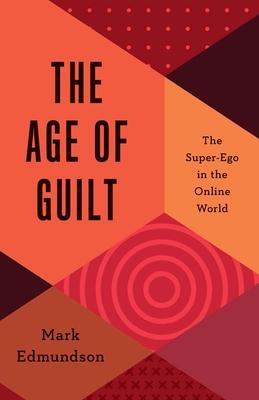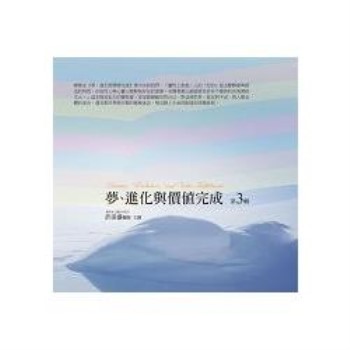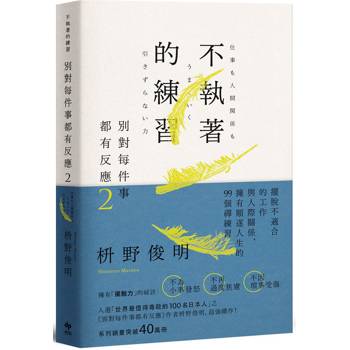How Freud’s concept of the super-ego can help us to understand the harsh cultural climate of the digital age
Cancellation, scapegoating, raving on Twitter. How did the Internet, which began as a place for open thought and exchange, become a forum for cruelty and judgment? Can a whole culture become mentally ill? How do we understand and respond to this problem? Mark Edmundson views contemporary culture and discourse through Freud’s concept of the super-ego, the moralistic and frequently irrational inner judge. The poet William Blake was attuned to this "dark pressure of self-condemnation," and Nietzsche knew its power as well. One way to mitigate (temporarily) the self-judgment of the super-ego is to aim it outward instead, judging and even punishing others for supposed infractions. Naturally these targets fight back, resulting in a cascade of bitterness and even hatred. Edmundson traces the destructive passion of the super-ego on politics, race, gender, class, education, and more, drawing on psychological studies, classroom experience, and the work of Adam Phillips and Slavoj Zizek. Edmundson proposes ways to manage the super-ego and even to transform it into an affirmative power. In The Age of Guilt, Edmundson renews the promise of Freudian theory as he explores our unique social moment with psychological insight, humanity, and erudition.| FindBook |
有 1 項符合
The Age of Guilt: The Super-Ego in the Online World的圖書 |
 |
The Age of Guilt: The Super-Ego in the Online World 作者:Edmundson 出版社:Yale University Press 出版日期:2023-04-25 語言:英文 規格:精裝 / 192頁 / 普通級/ 初版 |
| 圖書館借閱 |
| 國家圖書館 | 全國圖書書目資訊網 | 國立公共資訊圖書館 | 電子書服務平台 | MetaCat 跨館整合查詢 |
| 臺北市立圖書館 | 新北市立圖書館 | 基隆市公共圖書館 | 桃園市立圖書館 | 新竹縣公共圖書館 |
| 苗栗縣立圖書館 | 臺中市立圖書館 | 彰化縣公共圖書館 | 南投縣文化局 | 雲林縣公共圖書館 |
| 嘉義縣圖書館 | 臺南市立圖書館 | 高雄市立圖書館 | 屏東縣公共圖書館 | 宜蘭縣公共圖書館 |
| 花蓮縣文化局 | 臺東縣文化處 |
|
|
圖書介紹 - 資料來源:博客來 評分:
圖書名稱:The Age of Guilt: The Super-Ego in the Online World
|











